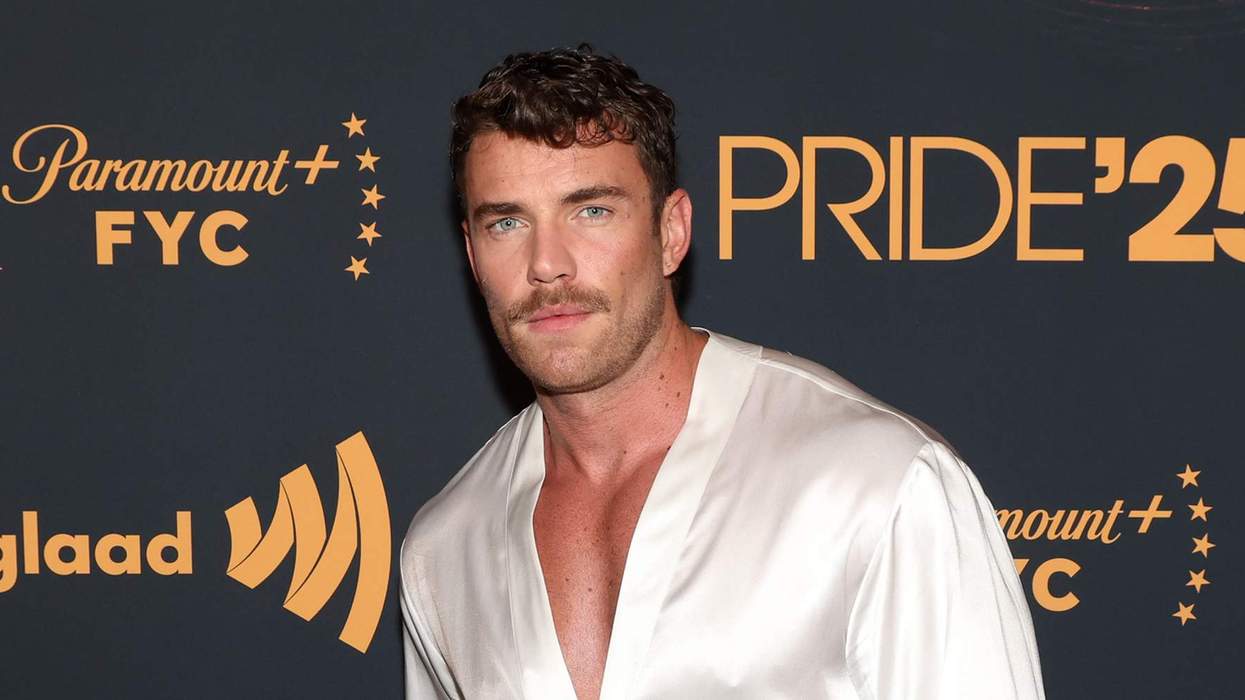Like many feminists, I met Barbara Smith on the page. I read the "Combahee River Collective Statement," which she co-authored, in a women's studies course. I did not take note of her name. I was not compelled to research her beyond the merits of the collective, a group of Black feminists and lesbians who gathered and organized in Boston in 1974. She did not call attention to herself; instead, she did the work, as part of a team. Her work speaks to that mission: to bring her sisters to the page and the work, by creating platforms, documents, and publications that would remain long after they had gone.
In her 72 years, Barbara not only cofounded the Combahee River Collective, she helped build a visible Black feminist movement during a period when one did not exist. "Virtually everything I have done has been in service of that mission," Barbara says, from teaching one of the first courses on Black women writers in the United States in 1973, to building the field of Black women's studies by asserting that there was and could be such a thing, and cofounding Kitchen Table: Women of Color Press in 1980, the first United States publisher for all women of color to reach a large national audience, which published the second edition of the beloved and groundbreaking anthology This Bridge Called My Back. "Arguably, the history of Black women's organizing would be very different if none of these interventions had occurred," she tells me.
In a world where Black queer women are often erased in racial justice, feminist, and mainstream LGBTQ+ spaces, Smith and her comrades have ensured their lives, experiences, contributions, and talents are not erased. Because of Barbara's love of Black women and her own audacity to be seen and heard, specifically in print, on bookshelves, and in the academy, we the readers, are made better. "I have received a number of accolades for things that people view as accomplishments or achievements, but at the end of the day, I believe that I have simply done the work that I was supposed to do here on Earth," Barbara tells me. "I am a twin, and my sister and I were very premature. Yet we survived. I feel that the universe needed us for something. That something, the work, is my legacy."
I first met Barbara off the page at a political rally in New York when she was still a councilwoman upstate in Albany. She approached me after I addressed the audience about the need for the state to add gender identity and expression as a protected class. She echoed and affirmed my remarks and handed me a copy of her book The Truth That Never Hurts. I stood in awe as she sat next to me, signing her book with an inscription that ended with, "In love, solidarity, and Black sisterhood." Her life has been a testament to radical Black love and sisterhood, and I, along with millions of Black women, have been deeply affected by her contributions. "The one thing I would want to leave with the next generation of LGBTQ activists and leaders is a profound understanding of what solidarity in the context of political struggle looks like," she says. "I would like people's precious and unique identities to be recognized and nurtured at the same time that we grasp that we cannot make a revolution that eradicates all forms of oppression unless we figure out how to work in coalition with people who are not our mirror images."
This piece is a part of Out's March cover story, edited by Janet Mock, on newsstands February 26th. Click here to subscribe, or learn more about our other cover stars:
Miss Major | Tourmaline | Alicia Garza | Charlene Carruthers





























